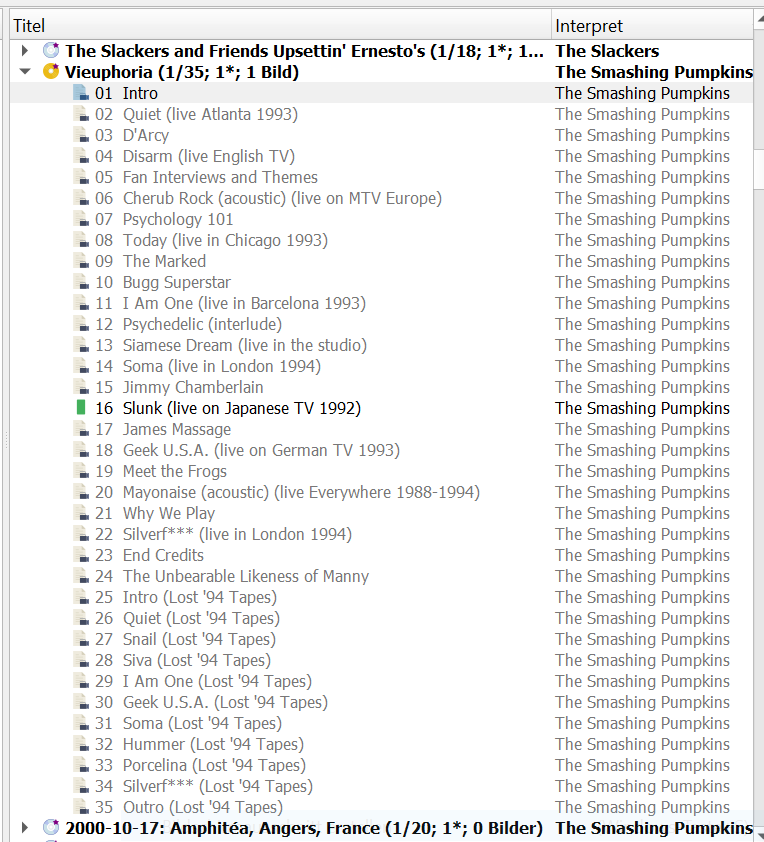

Once you add a folder or tracks, Picard will display all tracks (recursively including those in subfolders) in one big list. The interface: consists of 2 panels and is mostly simple and straightforward.This database is completely user generated and maintained (you can get your own account and contribute information) as of May 2007 contained information about 306,369 artists, 483,324 albums, and 5.7 million tracks. The technology: MusicBrainz Picard creates a patented “unique digital thumbprint” for audio files that it processes and compares it to the MusicBrainz database in order to identify it.To test this I renamed some tracks so that the names contained no information and stripped all the tags, and, sure enough, Picard was able to identify and tag them.
#Musicbrainz picard lookup in browser full
In this case it is not possible to use metadata management apps such as Mp3Tag or The Godfather or a similar program to identify the audio files MusicBrainz Picard, however, is based on completely different technology and most likely will be able to get the information and apply a full profile of tags to your files. Imagine further that you do not even know the album or artist information, and do not recognize the songs. Imagine that you have a ripped album where the tracks are named “track1, track2, etc”, with no tags or metadata whatever. It is based on a tagging concept that is organized around album or release information for groups of tracks (and will identify individual tracks within that framework). MusicBrainz Picard is a free MP3 file tagger that can identify track information by comparing an audio track’s “unique digital thumbprint” to the information in the MusicBrainz database.


 0 kommentar(er)
0 kommentar(er)
